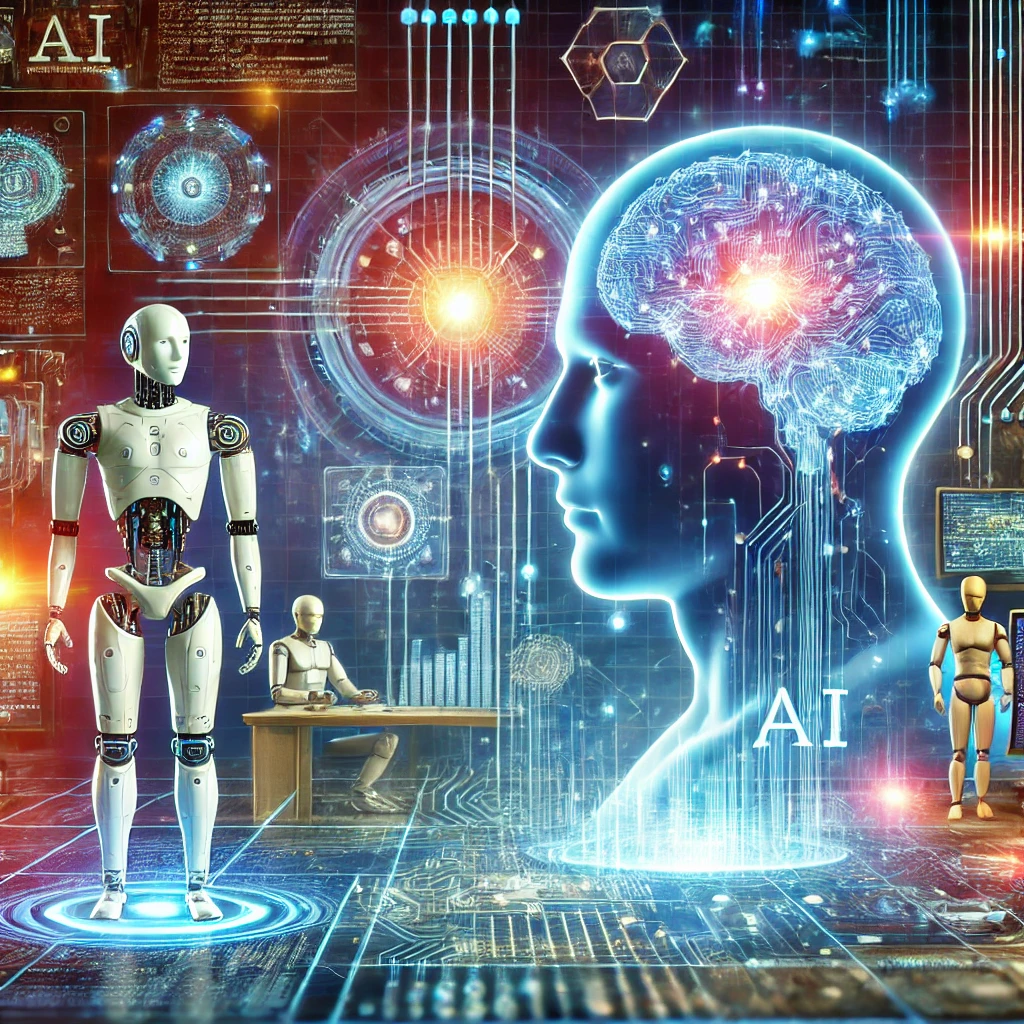What is Artificial Intelligence (AI)?
Artificial Intelligence is a transformative technology that is reshaping our world, promising to revolutionize every sector of our economy and society. This comprehensive guide will provide you with a deep understanding of what AI is, its various types, applications, and the future possibilities it holds.
Table of Contents
- Introduction to AI
- Types of Artificial Intelligence
- Applications of AI
- The Future of AI
- Ethical Considerations
Introduction to AI
What is Artificial Intelligence?
At its core, Artificial Intelligence is the branch of computer science that aims to answer Turing’s question “Can machines think?” by attempting to reproduce or mimic human intelligence in machines. The main goal of AI is to enable machines to perform tasks that would normally require human intelligence such as problem-solving, decision-making, understanding language, and recognizing patterns.
The Evolution of AI
The concept of AI began in the mid-20th century with the Turing Test, devised by Alan Turing in 1950. The field has evolved from simple algorithms and pattern recognition systems to complex machine learning and deep learning systems.
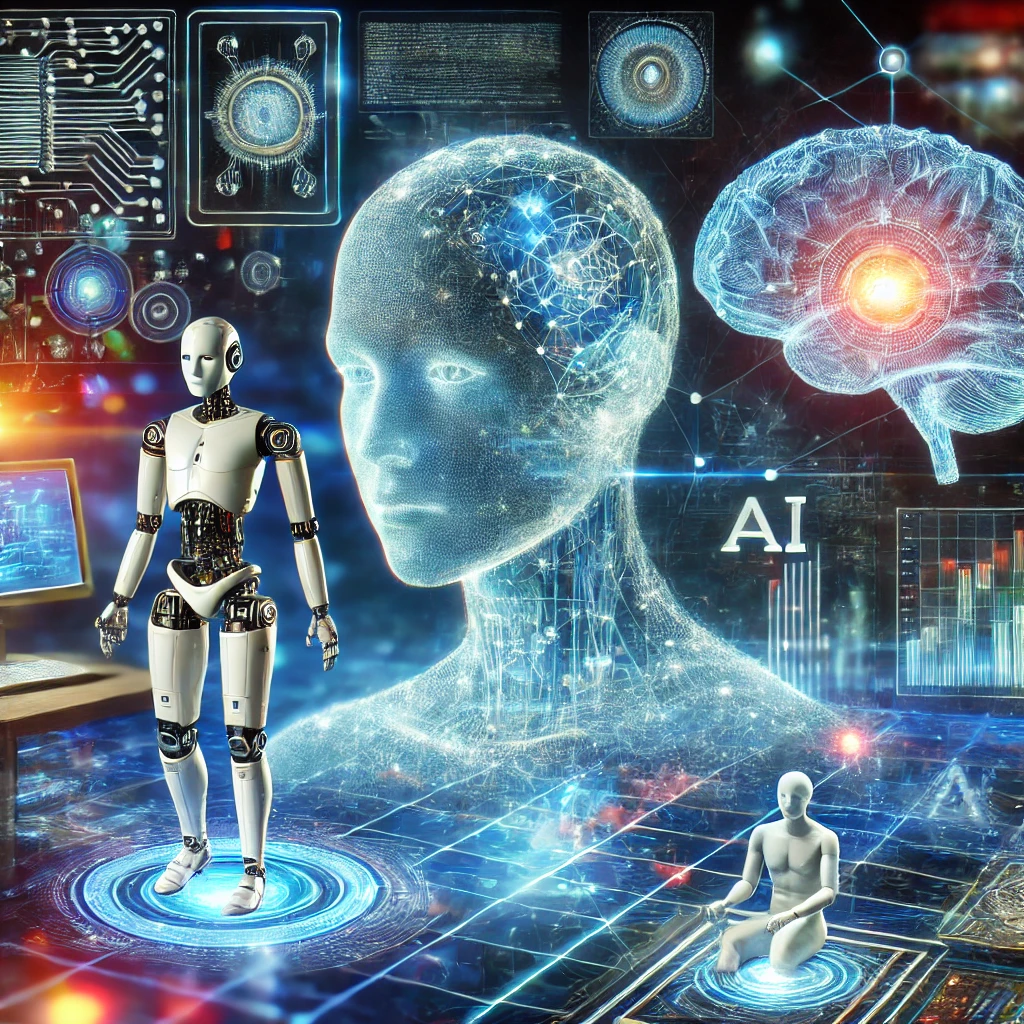
Types of Artificial Intelligence
Narrow AI
Also known as Weak AI, Narrow AI is designed to perform a narrow task (e.g., facial recognition or internet searches) and it is the most common form of AI in use today. Siri, Google Assistant, and image recognition software all fall under this category.
General AI
General AI, or Strong AI, is still largely theoretical and would be capable of applying intelligence to any problem, rather than just specific ones. It would have a more profound understanding and reasoning abilities comparable to human intellect.
Super AI
Super AI refers to a type of intelligence that surpasses human intelligence across all fields, including creativity, general wisdom, and problem-solving. This concept is still within the realm of science fiction and speculative future studies.
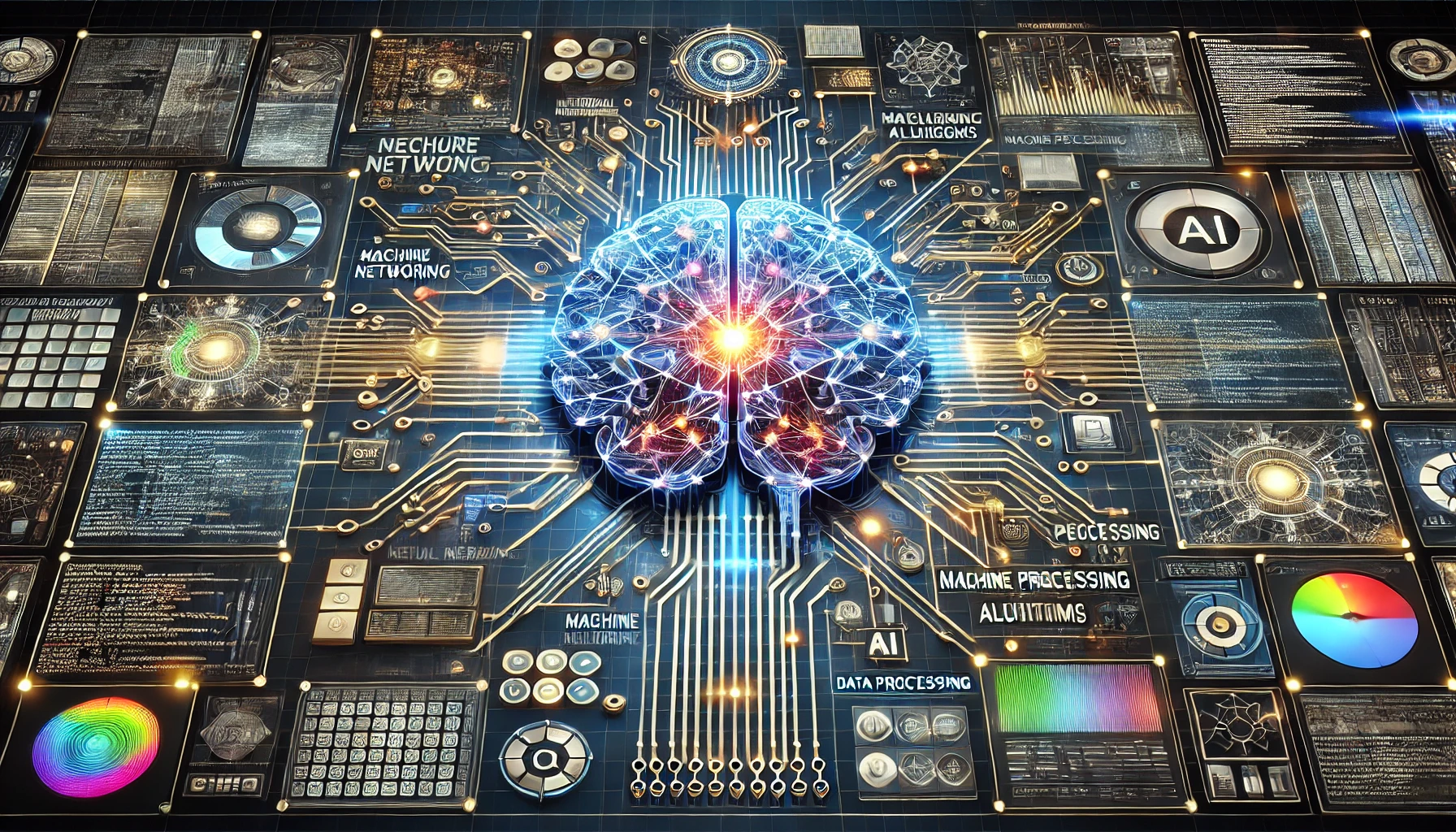
Applications of AI
AI technologies are embedded in the fabric of daily life. From the more obvious applications like Alexa and self-driving cars to less visible uses such as fraud detection systems in banks and recommendation algorithms on streaming services.
Healthcare
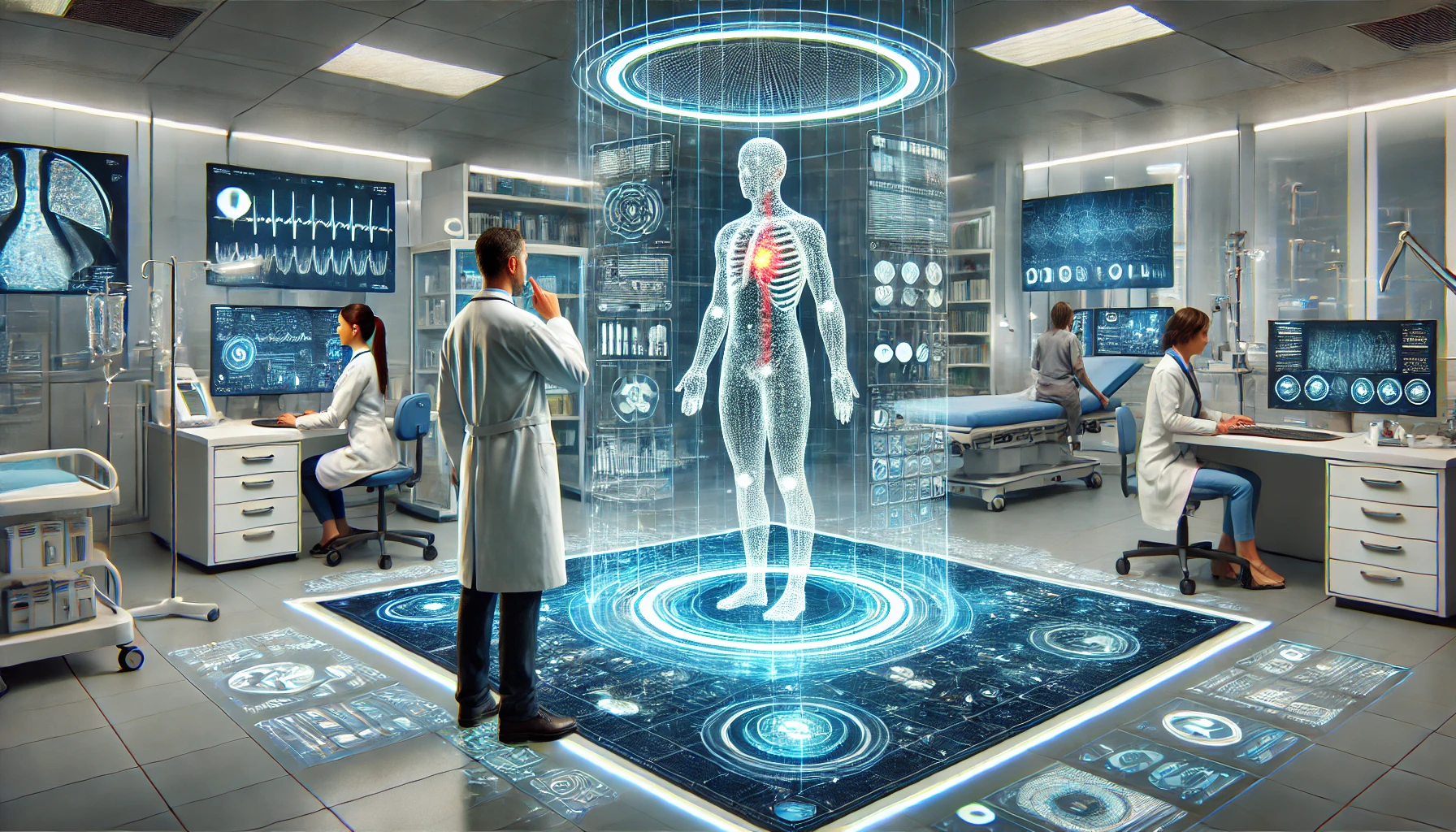
AI in healthcare is used for diagnoses, treatment recommendations, patient engagement and adherence, and administrative activities which promise to enhance the efficiency and accuracy of medical services.
Finance
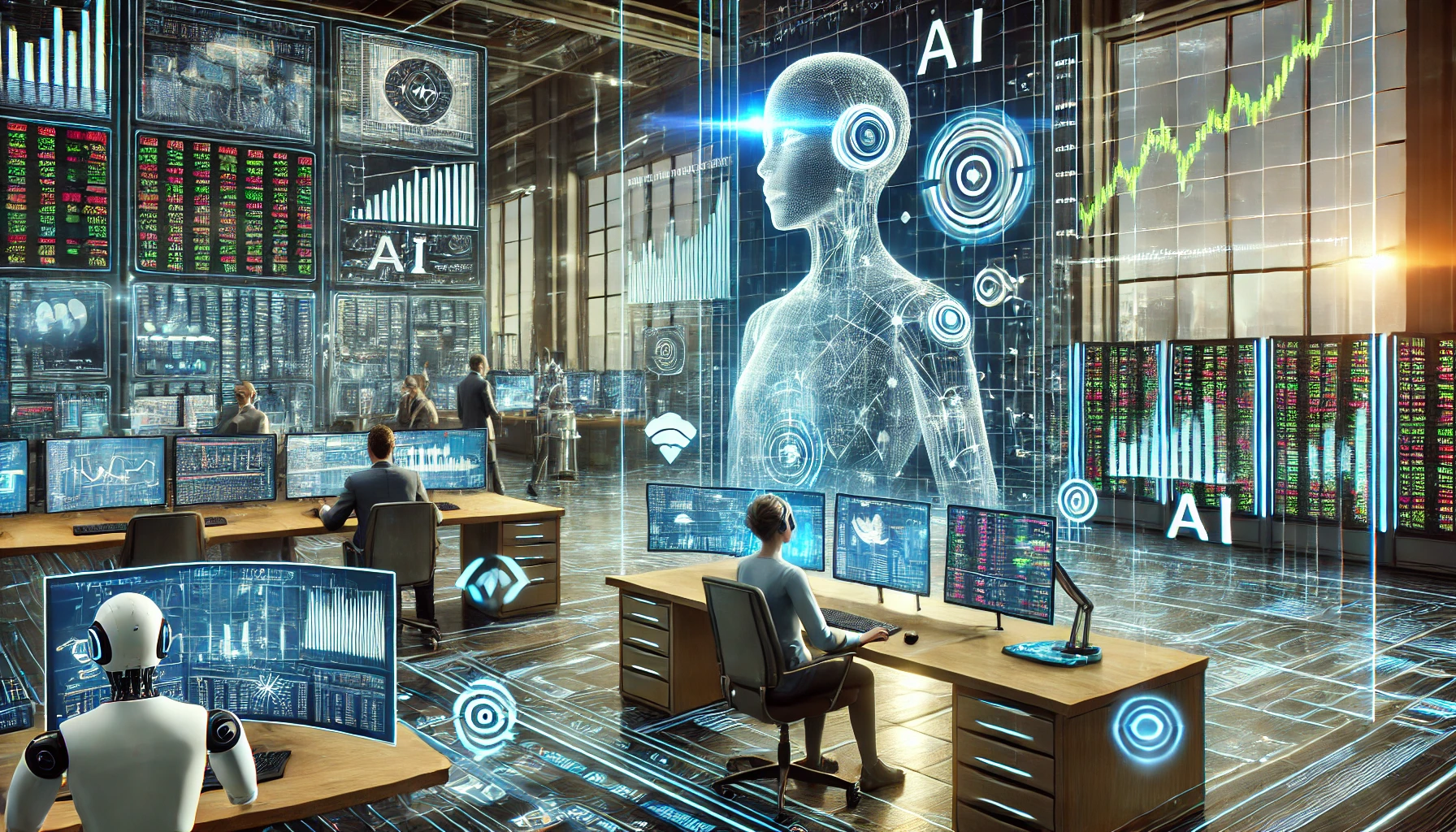
In finance, AI is used to automate trading, manage risk, and provide personalized financial planning services to clients.
Automotive
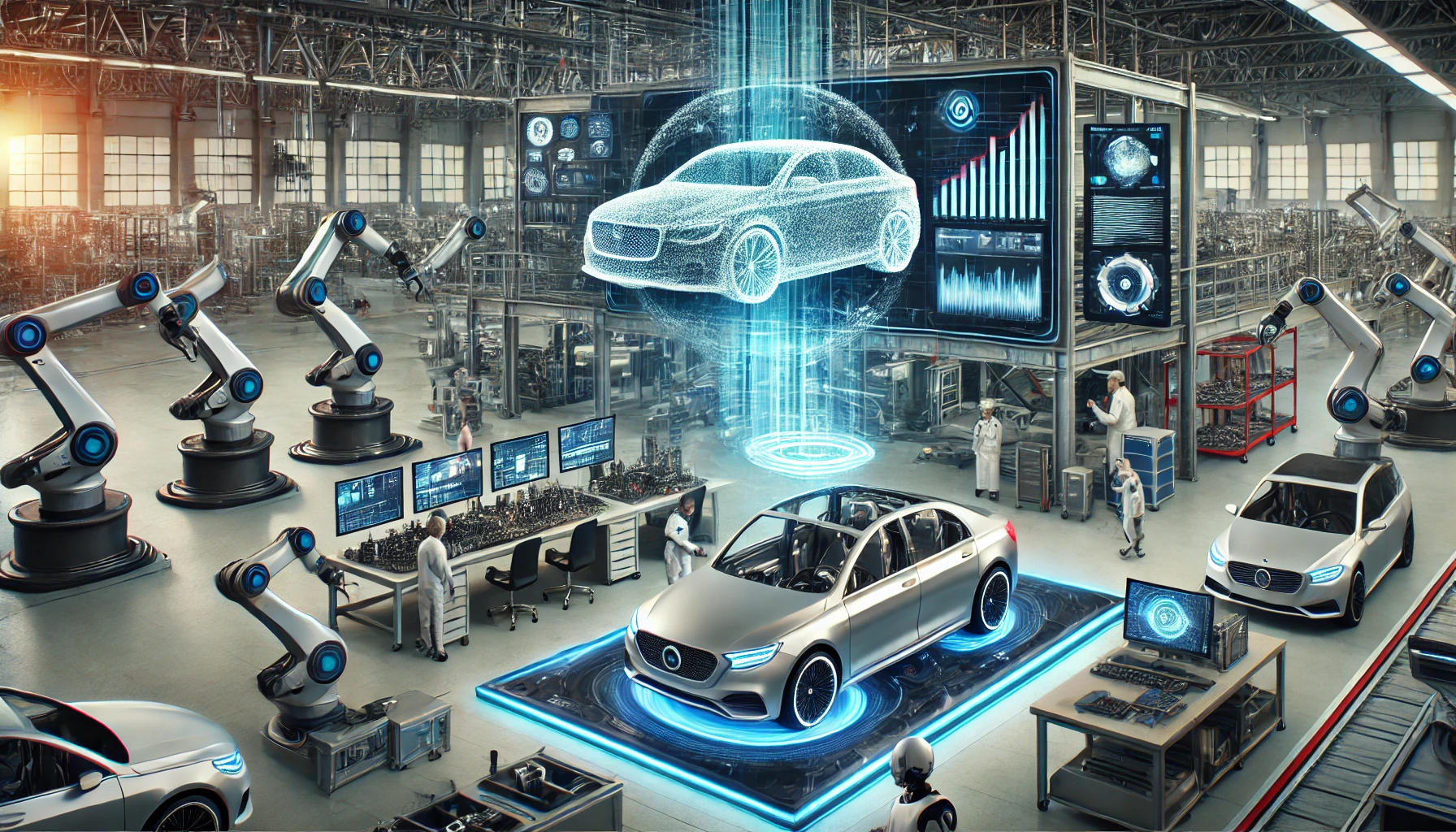
The automotive industry uses AI for not only self-driving cars but also in manufacturing processes, where it can streamline production and increase safety.
The Future of AI
As AI technology continues to grow, its future applications seem limitless. AI could potentially automate all repetitive jobs, provide intelligent insights in business strategy, and even solve complex scientific problems.
AI and Society
The integration of AI into society presents both opportunities and challenges. AI can lead to significant advancements in energy efficiency, education, health, and global economic disparity. However, it also poses risks such as job displacement, privacy issues, and the potential for machine errors.
Ethical Considerations
The Role of Ethics in AI
As AI becomes more powerful, the need for ethical considerations grows. The development of AI systems must be guided by a framework of ethics that includes fairness, accountability, and transparency to ensure they benefit all of humanity.
In conclusion, AI is not just a technological tool, but a vast field of study that continues to expand the horizons of what machines are capable of. Its potential to transform every corner of human existence is both inspiring and daunting. As we stand on the brink of this AI revolution, it is imperative that ethical guidelines and careful consideration guide its development and integration into society. This is not just about creating intelligent machines, but about augmenting human life to reach new heights.
